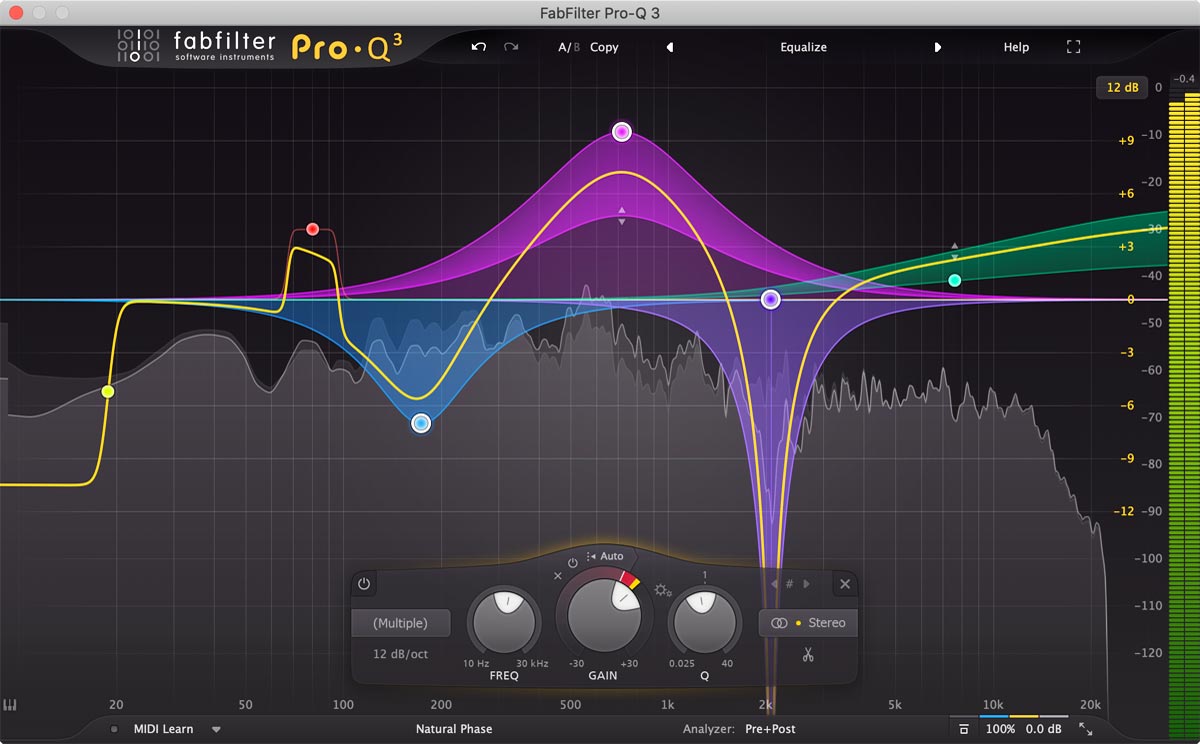FabFilter updates its music processing plugin line with native Apple Silicon support

/MUSEWIRE – Music News/ — FabFilter recently announced the introduction of Apple Silicon compatibility across its entire catalogue. Every effect and instrument in the range — from the Pro-Q 3 equalizer, Pro-L 2 true peak limiter, and Pro-C 2 compressor to the Pro-R reverb, Saturn 2 multiband distortion, Twin analogue synth, and beyond — now loads natively in macOS Big Sur running on Apple Silicon (or as a Universal Binary on Intel Macs), in VST2, VST3, and AU formats. And drawing on their extensive experience of porting to iPad, the company didn’t stop there, going on to optimize CPU usage across their product line specifically for M1.
“We’ve been making plugins for iOS for years, so we were already familiar with ARM processors and have done a lot of ARM-specific optimization work over time,” says FabFilter co-founder Frederik Slijkerman. “Porting that to the Apple Silicon Mac was a relatively easy and quick process, but, of course, we took the time to further fine-tune our code to tailor it to the new M1 processors.”
As well as giving early adopters of the M1 MacBooks and Mac mini their first taste of a bright third-party plugin future on Apple Silicon, the updates also fix a number of bugs, as well as adding support for Dolby Atmos 7.0.2 and 7.1.2 in the VST3 version of Pro-L 2 and Pro-Q 3, and optimizing various distortion styles in Saturn 2.
The updated plug-ins are fully compatible with previous versions. The latest versions and 30-day trials are available for download now at www.fabfilter.com/download.
System requirements are either Windows 10, 8, 7, Vista or XP (32-bit and 64-bit) and a VST 2/3 host or Pro Tools, or macOS 10.10 or higher (64-bit only) with Intel or Apple Silicon processor, and an Audio Units host, VST 2/3 host, or Pro Tools.
To make self-quarantine just a little bit easier during the COVID-19 pandemic, FabFilter offers free 30-day evaluation extensions for all their plug-ins via www.fabfilter.com/covid19.


